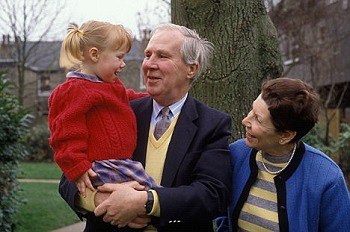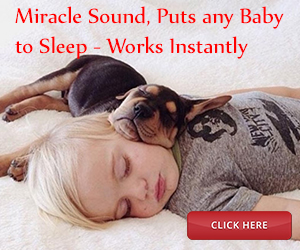Congratulations! You now have a three year old child..!
You have seen so much growth and development in the last 35 months and survived temper tantrums and an endless barrage of questions.
Now that your child is three, there are still many milestones they need to overcome. It will be a very challenging, yet rewarding time for both parent and child as your child enters the third year of their life.
Language development
By 3 years old, your toddler has a vocabulary of almost 900 words and should be able to describe how 1-3 objects are used. They are starting to speak in full, comprehensive sentences are wanting to converse with you more and more. By this point they should be able to tell you their gender and age without you prompting them.
They should be able to verbalize when they need to use the bathroom and start to use more “grown up” terms as they want to assert themselves more at this age and no longer be considered a “baby.”
Social and emotional development
 As previously stated, your child is exerting their independence. They want to do more and more on their own and often display frustration when they are unable to complete a task without any assistance. While temper tantrums are not as frequent as they enter their third year, they may still happen on occasion. They will object very loudly when they are referred to as a “baby.” They will engage in more pretend play and tend to act out their stories and ideas as they are trying to find new ways to express their individuality.
As previously stated, your child is exerting their independence. They want to do more and more on their own and often display frustration when they are unable to complete a task without any assistance. While temper tantrums are not as frequent as they enter their third year, they may still happen on occasion. They will object very loudly when they are referred to as a “baby.” They will engage in more pretend play and tend to act out their stories and ideas as they are trying to find new ways to express their individuality.
At three years old, they can more easily determine when someone is displeased with their behavior. They begin to have less separation anxiety and are eager to explore new social situations. They will look forward to visits from certain family members and play dates or activities with their friends.
There may be brief periods of regression, don’t worry, this is common and will not last long. Your child will also have moments where they are downright defiant and bossy. This is part of them learning to assert their independence. Again it is imperative that you set (and adhere to) rules and boundaries.
Physical development
Gross motor skills
By three years old your child should be able to walk on a balance beam with no assistance alternating feet properly. They should also be able to broad jump as much as two feet. They should be able to pump a swing (although they probably still enjoy you pushing them so they can go higher).
They should also begin to swing and pump their arms when walking and running. They may start to attempt to turn somersaults and are able to balance on one foot for longer periods of time. They will enjoy dancing and moving to music. They are full of energy and want to engage in as much physical play as possible.
Fine motor skills
At three years old your child should be able to cut in a straight line as well as draw a straight line. They will start to hold their writing utensils the proper way and are able to copy or draw several shapes.
They should be able to manipulate clay and Playdough into different forms and be able to paint with their fingers and make simple strokes with a paint brush. They should be able to pour liquid from a pitcher (with spillage still at this point). They are able to stack 10-12 blocks.
Cognitive development
At three years, your child is becoming quite the logical thinker. They will be able to understand and explain the relationship between cause and effect. They are able to also understand and explain patterns and sequences. They can name most colors and shapes and retain details of stories.
Your child is now able to sort objects according to size and color. They have a much firmer understanding of the concept of time than they did even a few months ago.
They can also understand the concept of same and different.
Is time for preschool?
You may begin to wonder when is a good age to enroll your child in a preschool program. It is truly a personal decision. It will certainly help your child with their social skills as they will be forming new friendships. If you feel your child is not ready for a full-time preschool program, you can look to see if there are preschools that offer 2 or 3 day programs.
Children who attend a preschool program will be able to transfer to a kindergarten program more easily. It will teach them the skills they need to cooperate and participate in a classroom environment.
However, if your child is not fully potty trained or has sensory issues, it may be a good decision to delay preschool for another year. You don’t want to cause your child unnecessary anxiety. It is definitely something you should discuss as a family and with your pediatrician. You might want to research and visit different schools in your area to see if they suit your child’s needs. You don’t want to hold your child back, nor do you want to force them into something for which they are not yet ready. You might want to try playgroups to see how your child interacts with other children. Definitely weigh all of your options and make sure your child is emotionally, mentally and physically ready to start preschool. And homeschooling is always an option if you are able to do so until your child is ready.
Check on your next months toddler / child development, milestones & stages
12 Months Old – 13 Months Old – 14 Months Old – 15 Months Old –
16 Months Old – 17 Months Old – 18 Months Old – 19 Months Old
20 Months Old – 21 Months Old – 22 Months Old – 23 Months Old
24 Months Old – 25 Months Old – 26 Months Old – 27 Months Old
28 Months Old – 29 Months Old – 30 Months Old – 31 Months Old
32 Months Old – 33 Months Old – 34 Months Old – 35 Months Old


